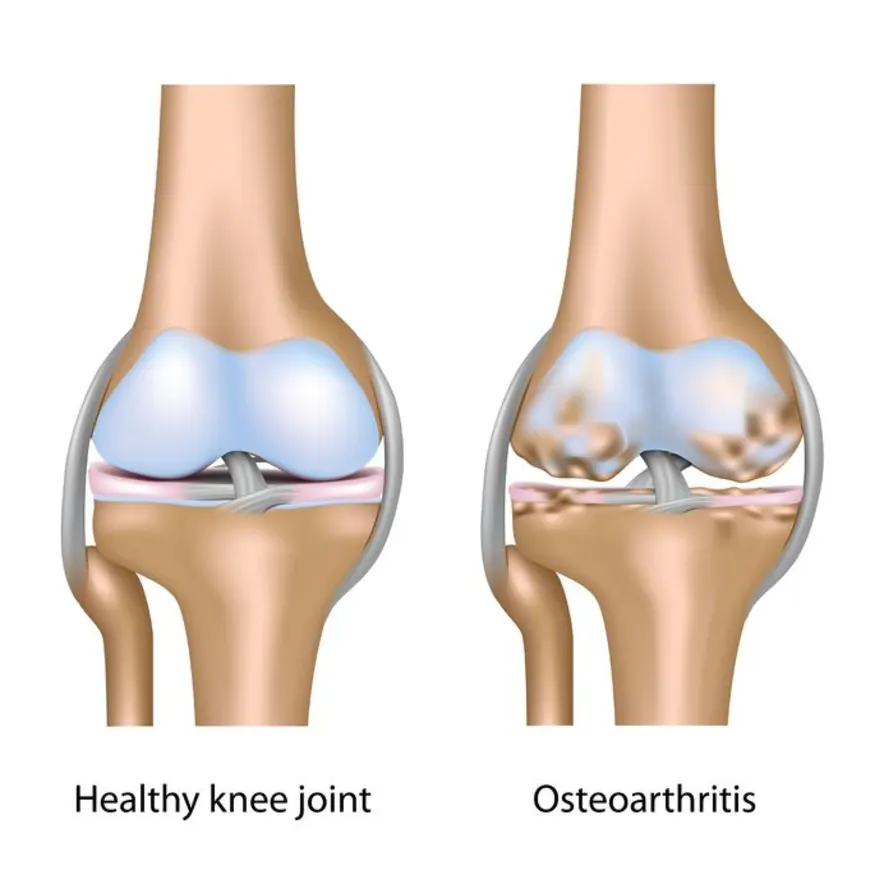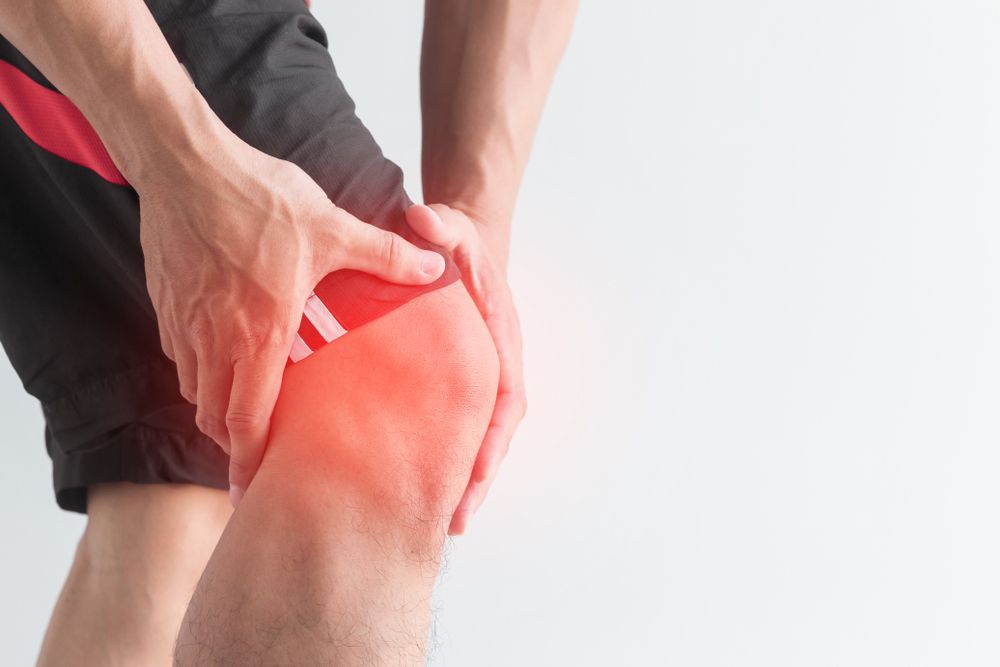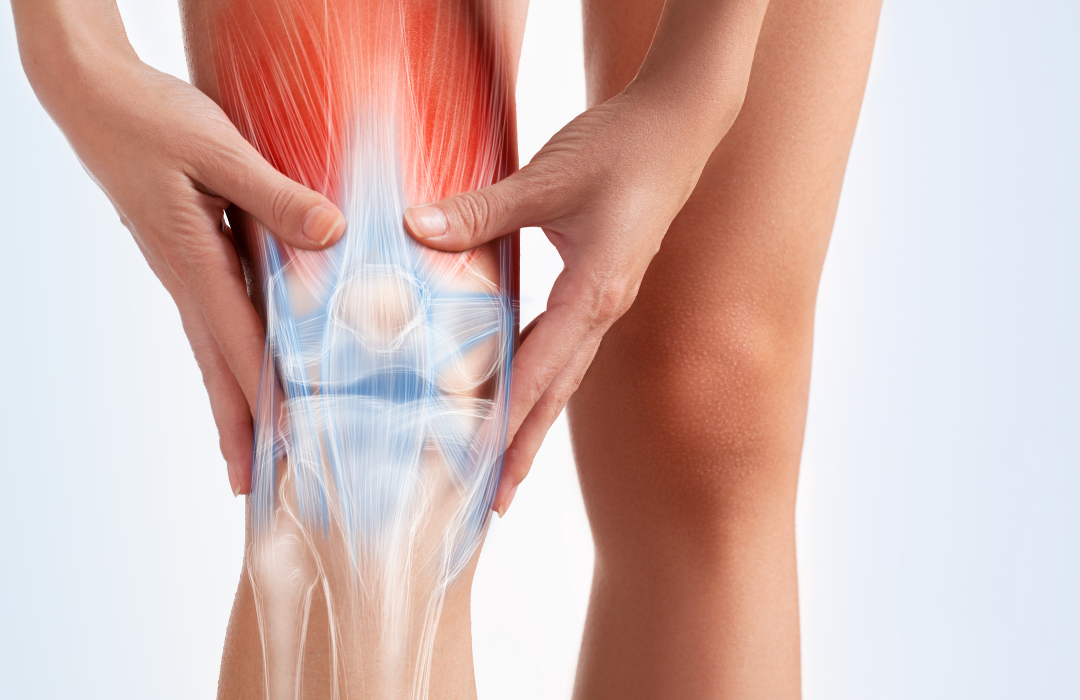Arthritis ,Knee pain, Gout.
Root Cause of Disease
Gout it is one type of Knee Pain. This type of arthritis occurs when uric acid crystals build up in the joint. While Gout most commonly affects the big toe, it can also occur in the knee. Gout is a common and complex form of arthritis that can affect anyone. It’s characterized by sudden, severe attacks of pain, swelling, redness and tenderness in one or more joints, most often in the big toe.
An attack of gout can occur suddenly, often waking you up in the middle of the night with the sensation that your big toe is on fire. The affected joint is hot, swollen and so tender that even the weight of the bedsheet on it may seem intolerable.
Symptoms
The signs and symptoms of gout almost always occur suddenly, and often at night. They include:
- Intense joint pain: Gout usually affects the big toe, but it can occur in any joint. Other commonly affected joints include the ankles, knees, elbows, wrists and fingers. The pain is likely to be most severe within the first four to 12 hours after it begins.
- Lingering discomfort: After the most severe pain subsides, some joint discomfort may last from a few days to a few weeks. Later attacks are likely to last longer and affect more joints.
- Inflammation and redness: The affected joint or joints become swollen, tender, warm and red.
- Limited range of motion: As gout progresses, you may not be able to move your joints normally.
Causes
- Gout occurs when urate crystals accumulate in your joint, causing the inflammation and intense pain of a Gout attack.
- Urate crystals can form when you have high levels of uric acid in your blood. Your body produces uric acid when it breaks down purines substances that are found naturally in your body.
- Purines are also found in certain foods, including red meat and organ meats, such as liver. Purine-rich seafood includes anchovies, sardines, mussels, scallops, trout and tuna.
- Alcoholic beverages, especially beer, and drinks sweetened with fruit sugar (fructose) promote higher levels of uric acid.
- Normally, uric acid dissolves in your blood and passes through your kidneys into your urine. But sometimes either your body produces too much uric acid or your kidneys excrete too little uric acid.
- When this happens, uric acid can build up, forming sharp, needlelike urate crystals in a joint or surrounding tissue that cause pain, inflammation and swelling.
Home remedies to treat Gout
Remedy – 1: Turmeric
Materials : Turmeric
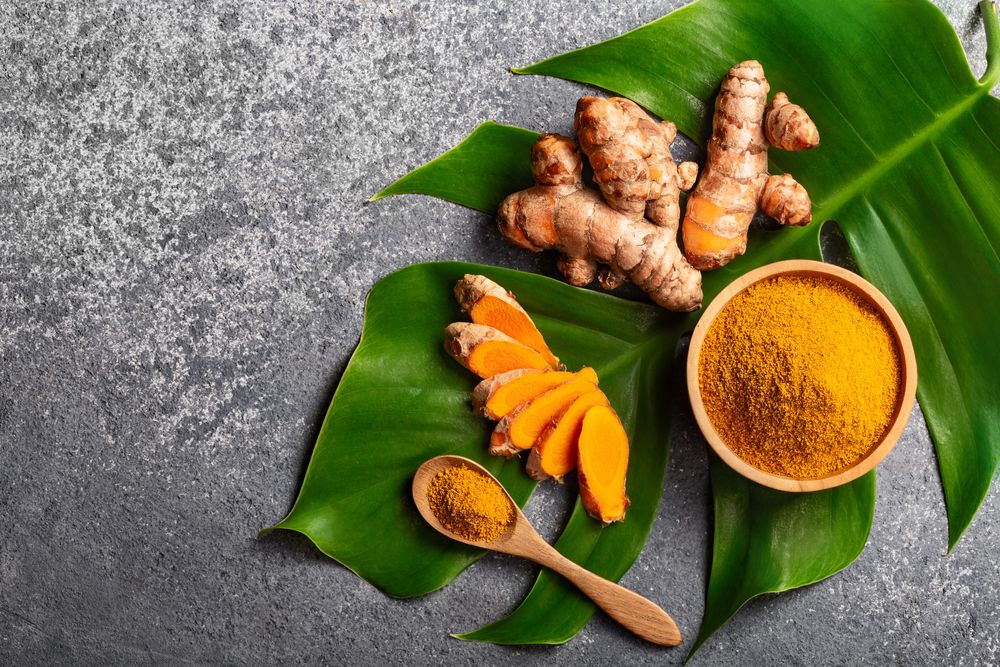
Add a pinch of turmeric and a teaspoon of honey in a glass of lukewarm water and drink this solution on a regular basis for a week. Turmeric contains anti-inflammatory and antioxidant properties, which makes it an excellent remedy for treating joint pains.
Remedy- 2: Garlic
Materials : Garlic

The medical name for garlic is allium sativum. Five to six cloves eaten everyday has proved to reduce knee pains.
Product Link: Garlic
Remedy – 3 :Ginger
Material: Garlic
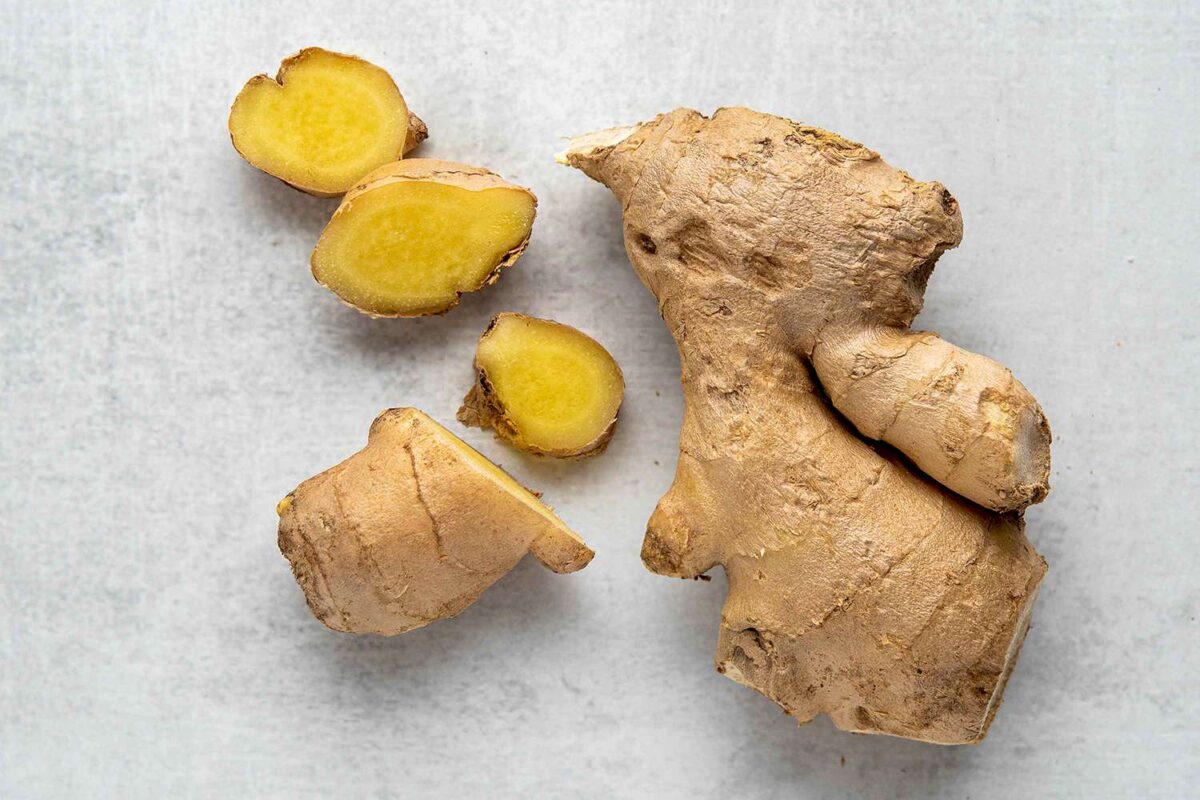
Ginger is biologically called Zingiber Officinale. These can be easily included in your diet and go a long way in curbing knee pain.
Remedy -4: Epsom salt bath
Materials: Epsom Salt

Soaking in an Epsom salt bath can help alleviate pain and reduce inflammation.
Procedure:
Add 1-2 cups of Epsom salt to a warm bath and soak for 20-30 minutes.
Remedy -5: Cherries
Materials : Cherries

Cherries contain compounds that can help reduce inflammation and lower uric acid levels. Consuming cherries or cherry juice may help alleviate gout symptoms.
Preventions
- Don’t smoke
- Eat a Mediterranean diet high in vegetables, fruit, olive oil, nuts and wholegrains
- Exercise 20-30 minutes a day
- Avoid high salt in your diet
- Add more fish and omega-3 to your diet
- Cut down on sugar-sweetened soft drinks

